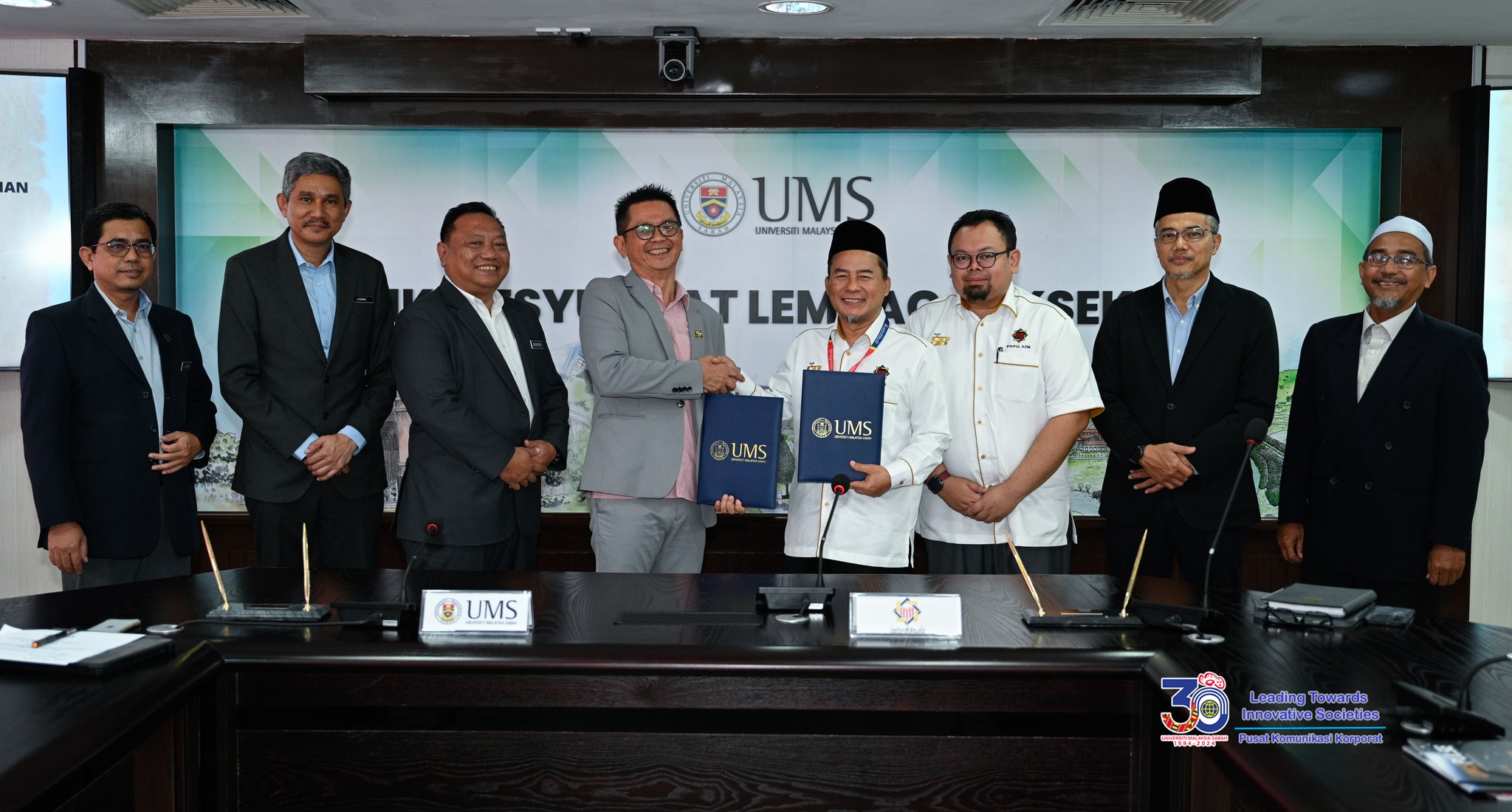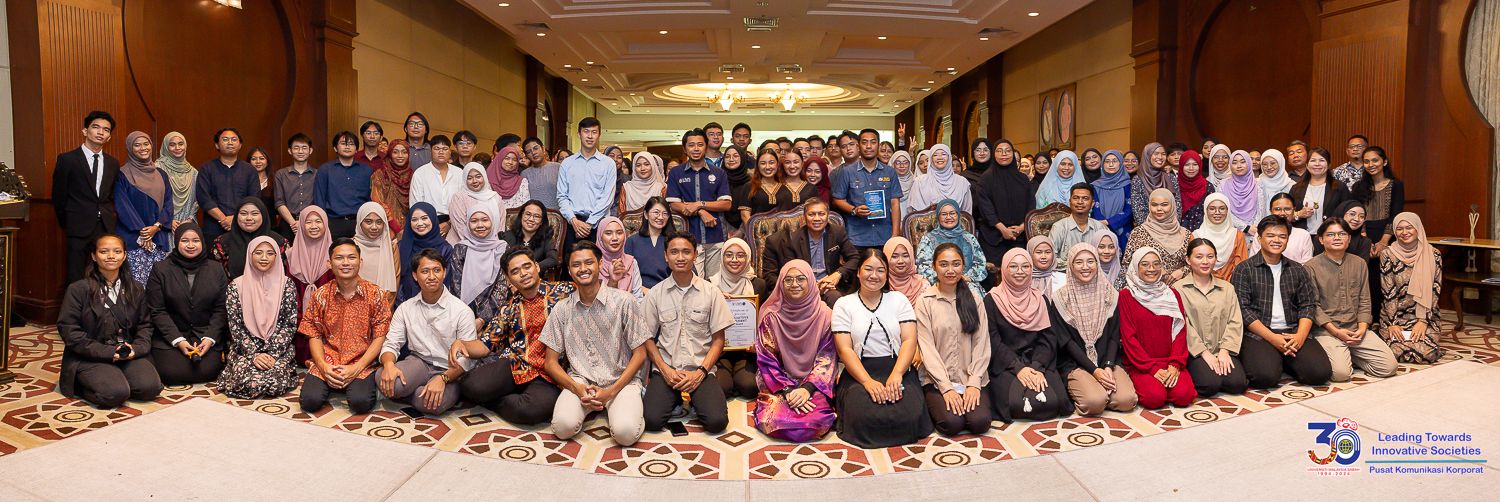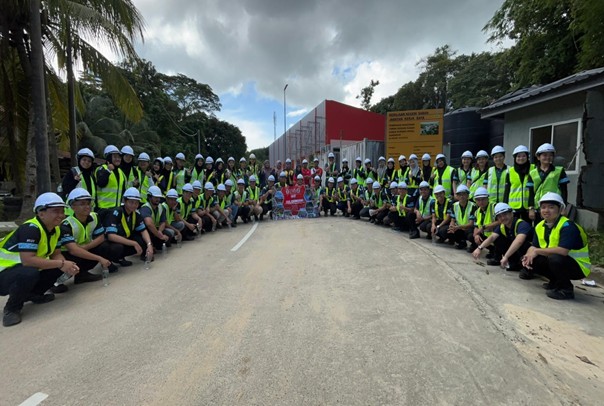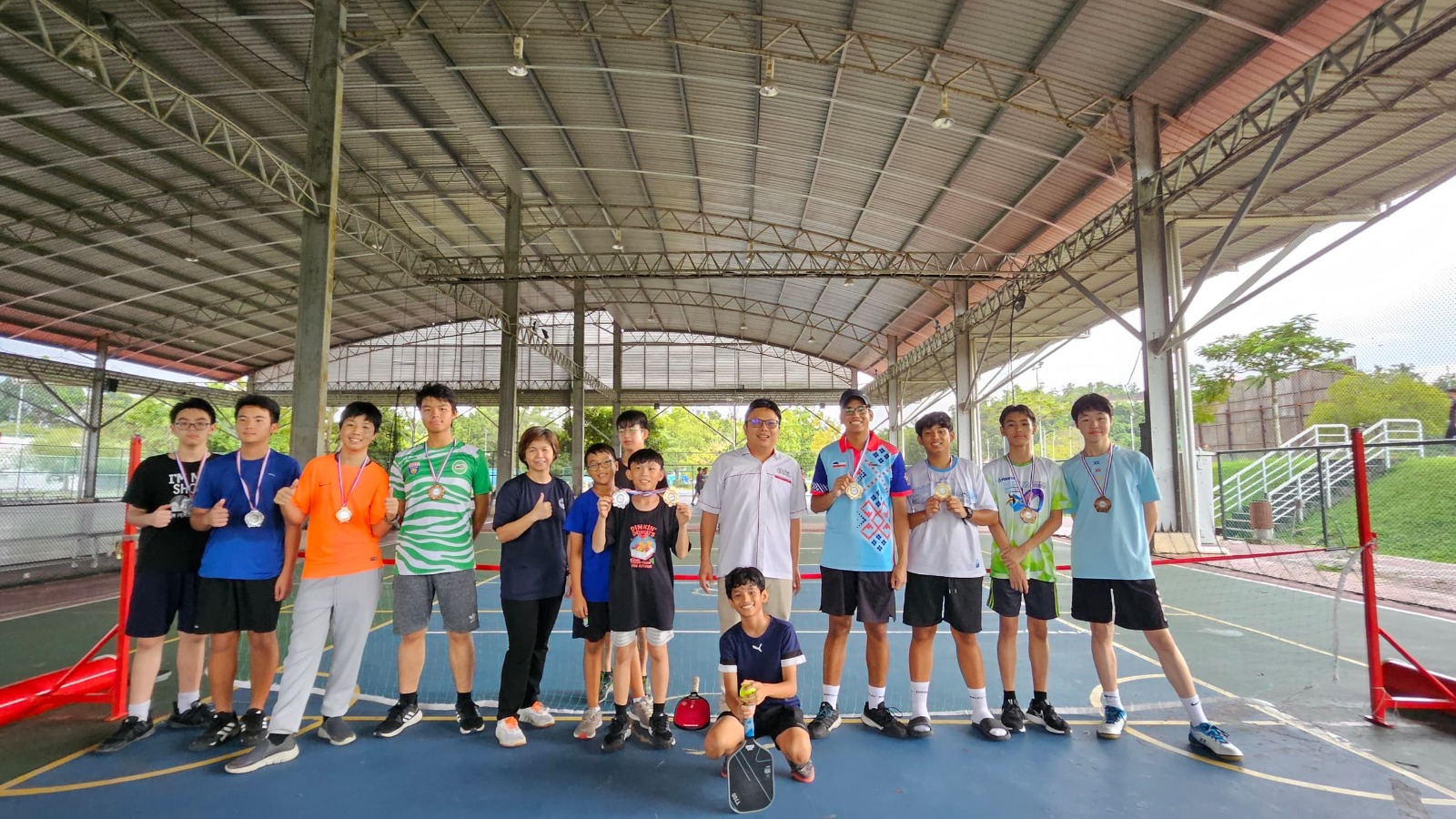 Universiti Malaysia Sabah (UMS) has taken a significant step toward global academic integration through a high-level visit to Aydin Istanbul University in Turkey, forging new pathways in research, academic mobility, and engineering collaboration.
Universiti Malaysia Sabah (UMS) has taken a significant step toward global academic integration through a high-level visit to Aydin Istanbul University in Turkey, forging new pathways in research, academic mobility, and engineering collaboration.
Led by UMS Vice Chancellor, Prof. Datuk Dr. Kasim Hj. Mansor, the visit resulted in the signing of a Letter of Intent (LoI), signalling the two universities’ commitment to formalising a strategic Memorandum of Understanding (MoU) later this year.
According to a statement by UMS’s Faculty of Engineering, the discussions between the two universities were focused and forward-looking, with central to the engagement was UMS’s potential participation in the Erasmus+ Programme, the European Union’s flagship initiative for education, training, and mobility.
“This would pave the way for structured student and staff exchanges, joint curriculum development, and co-supervision of research — providing UMS students and academics with valuable access to international classrooms, laboratories, and networks.
“Engineering emerged as a key pillar of the partnership, with both institutions explored opportunities for joint research and academic exchange in high-impact areas such as renewable energy systems, green materials technology, and environmental engineering.
“These are not only priority research themes at UMS but are also aligned with Malaysia’s and Türkiye’s broader sustainability goals,” according to the statement.
The statement also noted that another major outcome of the dialogue was UMS’s invitation to participate in the Delightful Istanbul Summer School, which is scheduled from 26 July to 9 August 2025.
“The programme offers credit-bearing modules taught in English, providing UMS students with cross-cultural exposure in a globally diverse academic environment.
A boutique edition of the programme — Delightful Late Summer Cyprus — will be held from 23 to 30 August in Kyrenia, offering a Mediterranean learning experience combining academic rigour with cultural immersion.
“Looking ahead, both universities are planning to co-organise the STAR Global Conference 2025 in Istanbul this October, which UMS will serve as part of the advisory and academic committee, lending thought leadership and regional expertise to the international forum,” the statement noted.
During the visits, UMS delegation was received with great hospitality by the Rector of Aydin Istanbul University, Prof. Dr. Ali Sınağ, along with senior officials from the International Directorate, Mr. Gurkam Donat; Director of International Affairs, Asst. Prof. Osman Gultekin; Coordinator of International Academic Relations, Mr. Faruk Seferi; and Ms. Ayten Nahide Korkmaz.
Accompanying the UMS Vice-Chancellor were Deputy Vice-Chancellor (Research & Innovation) and Advisor to the Oil and Gas Engineering Programme at the Faculty of Engineering, Prof. Ir. Dr. Rosalam Hj. Sarbatly; UMS Registrar, Luqman Ridha Anwar; Dean of the Faculty of Engineering, Associate Professor Ir. Dr. Abu Zahrim Yaser; Head of Mechanical Engineering Programme, Dr. Mohd Kamel Wan Ibrahim; Head of Oil and Gas Engineering Programme, Dr. Norfazliana Abdullah; and Director of the Chancellery Office, Hasmi Hashim.



 Universiti Malaysia Saba h (UMS) and the Federal Territory Mufti Office have officially signed a Memorandum of Understanding (MoU) to enhance collaboration in academic and research development.
Universiti Malaysia Saba h (UMS) and the Federal Territory Mufti Office have officially signed a Memorandum of Understanding (MoU) to enhance collaboration in academic and research development.

 The inaugural 2025 Hospital Universiti Malaysia Sabah (HUMS) Juniors Open Pickleball Tournament marked the beginning of Sabah's pickleball tournament calendar for the year.
The inaugural 2025 Hospital Universiti Malaysia Sabah (HUMS) Juniors Open Pickleball Tournament marked the beginning of Sabah's pickleball tournament calendar for the year.